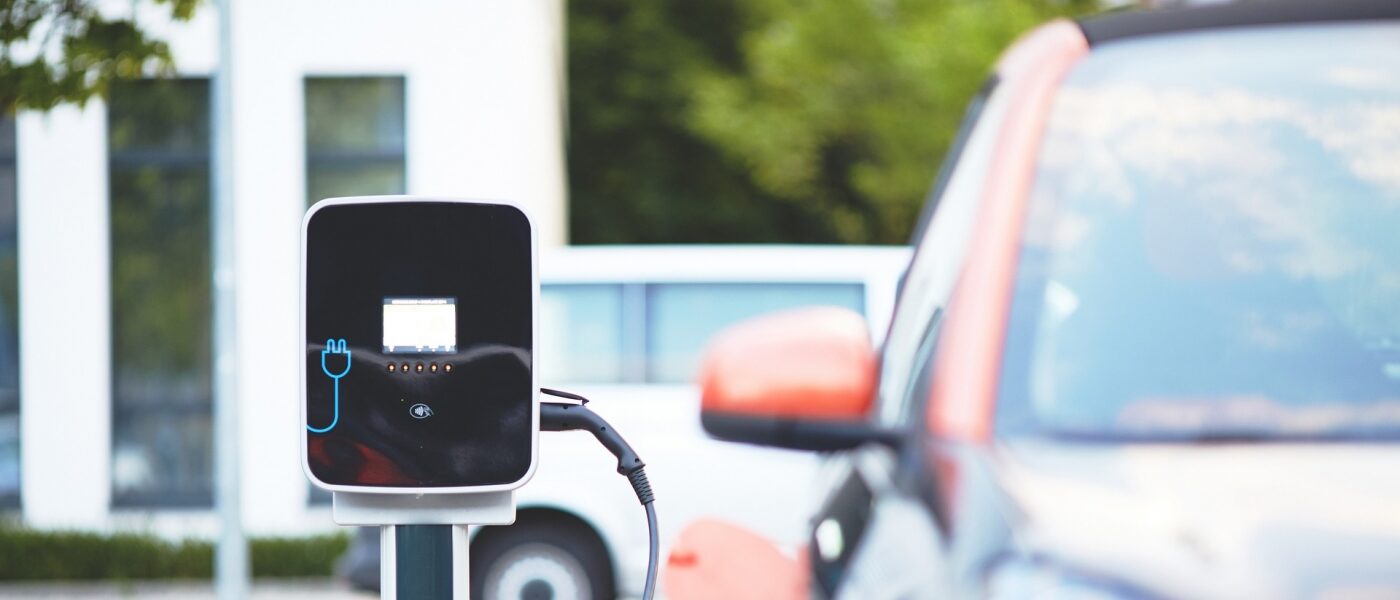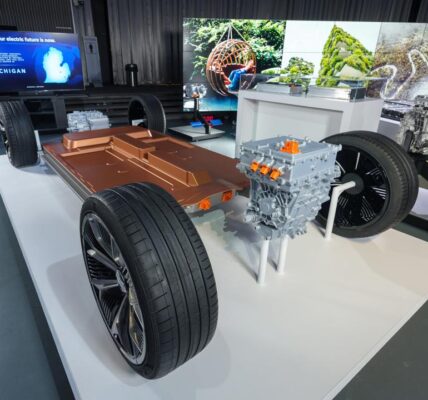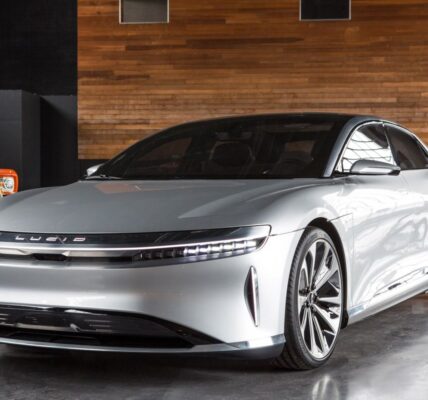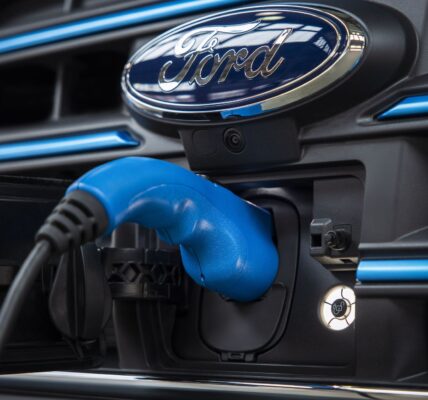The US Department of Energy announces it will provide $200 million over five years for electric vehicle, battery and connected vehicle projects at its 17 national labs, as well as for new partnerships to support electric car innovation.
In particular, the focus is on building a national battery supply chain from sustainable mining and processing to production and recycling. The Biden administration had already announced some immediate measures to make the US more competitive in the battery sector a few days ago.
“We’re focusing on the entire battery supply chain from soup to nuts – from sustainable mining and processing to manufacturing and recycling – which will translate to thousands of new jobs across the country and put more clean-running electric vehicles on the road,” said Acting Assistant Secretary Kelly Speakes-Backman. “We want to establish global leadership at every level of the supply chain.”
The $200 million in funding for the national labs aims to develop innovations to decarbonise the transportation sector. The budget will be administered by the Department of Energy’s Vehicle Technologies Office. The new funding pot complements the $62 million funding opportunity announced in April 2021 through the Department’s Vehicle Technologies Office (VTO) for reducing emissions and increasing efficiency of on- and off-road vehicles.
The Biden administration announced some immediate actions late last week to make the US more competitive in the battery sector. The package is a reaction to the analysis initiated by the White House on gaps in the national supply chains: In February, the US government had launched a 100-day review on this in key areas such as electric mobility.
The lynchpin of the list of measures is the “National Blueprint for Lithium Batteries”, a guideline set up until 2030 to guide investments in order to develop a value chain in the USA for the production of lithium batteries. The guide covers areas from raw material sourcing to recycling of battery materials. It was produced by the Federal Consortium on Advanced Batteries (FCAB), which is led by the US Department of Energy and includes other federal agencies.
One of the other key immediate actions: The US Department of Energy’s Loan Programs Office (LPO) has published guidance and a fact sheet to explain the so-called Advanced Technology Vehicles Manufacturing Loan Program (ATVM), which has about $17 billion in lending authority. The ATVM programme can provide loans to manufacturers of vehicle battery cells and packs to retrofit, expand or build their manufacturing facilities in the United States.







